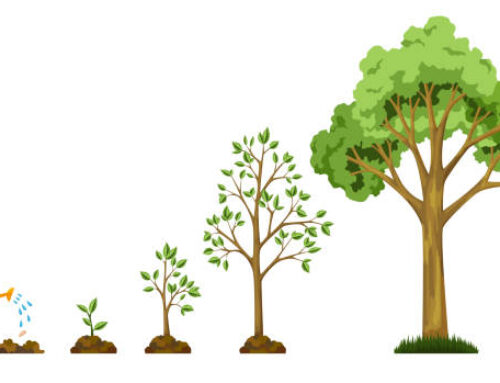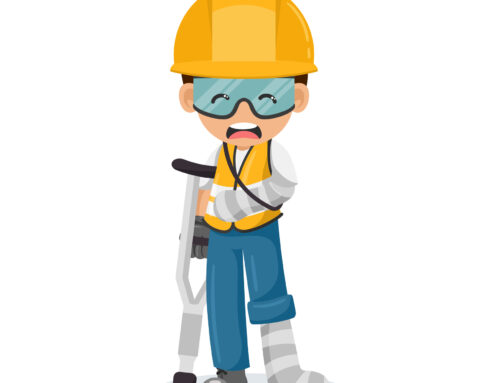Encourage Employees to Do It Themselves
Shawnee Love • July 3, 2020
I was having a conversation with a girlfriend recently about the two types of can’t do:
- Can’t do because I haven’t learned it yet, and
- Can’t do because I am incapable.
This issue is top of mind for me as I have recently come across a number of employees who have advised me they shouldn’t be asked or expected to do certain things. These “things” aren’t tasks in their job descriptions, but rather things that come with working and interacting with people. E.g.,
- Asking for something you want, like a raise, an opportunity, a promotion, a project, etc.
- Discussing a problem such as a coworker’s stinky cologne, a perceived insult, or a misunderstood instruction.
- Requesting help when confused, stuck or overwhelmed.
My first question for the struggling individuals was to inquire about what each had done about getting their wants addressed before seeking my help.
Each person told me they didn’t feel like they should have to deal with the issue themselves. Each believed it was my job (as HR) or their boss’ job (as “the boss”).
I have been around long enough to know there are all kinds of kinds, and I understand some people have paralyzing fear about difficult conversations. These people deserve our help and support. However, there is a difference between overwhelming fear or anxiety about this kind of discussion and simply lacking the experience.
Of course, if you have never asked for a raise before, you won’t feel comfortable doing it. In the same fashion, you won’t feel comfortable doing 50 squats if its your first time trying them. But that doesn’t mean you shouldn’t ever do squats. Thank God babies don’t follow that misguided logic or the human race would never walk or crawl for that matter.
Interestingly, emotional intelligence research over the past 25 years has shown that people usually get better at social and emotional interactions as they age. Gaining emotional and social wisdom is not simply a function of becoming older, but rather an outcome of making mistakes and learning from them. However, failing forward won’t occur if you don’t try.
People aren’t every going to learn how to do something if they believe:
- They shouldn’t have to ask for what they want or need, and
- Someone else should take care of “it” for them.
By doing it for them, we are simply condoning their lack of capability and making them dependent on us. That is not the role of good HR, nor is it the role of a good parent or good teacher or good boss in my opinion.
Avoidance of a task or activity means you won’t ever become skilled at it. Like any “muscle”, you have to practice using your interpersonal and communication capabilities to get better.
If employers do all the tough stuff for their workers, workers won’t get the chance to practice those difficult conversations which are so necessary to growth and future success. We are effectively stunting our employees’ emotional and social development and undermining the future of our organizations while we are at it.
What we need to be doing is teaching people to have these conversations by giving them tools, encouraging them to have them, and helping them learn from the ones they have. So the next time you get asked to play middleman in a difficult conversation, please at least try to see if you can coach your employee to the point where s/he will try.
If you have comments on this approach, please speak up.





